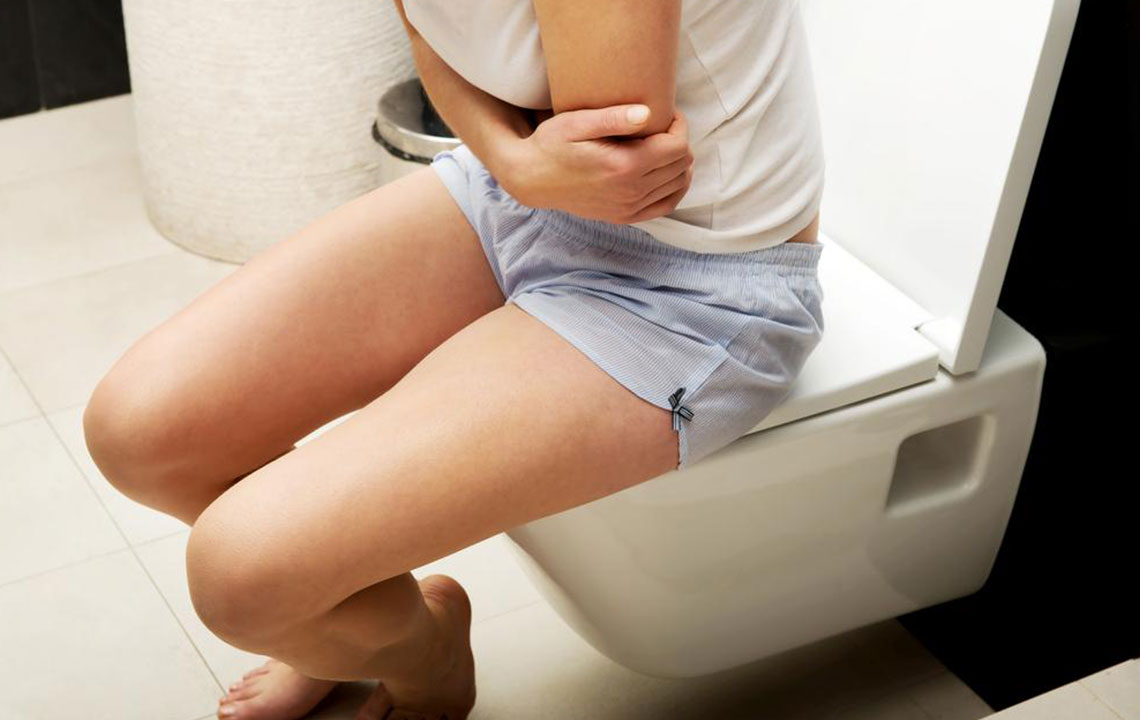Effective Natural Strategies to Relieve Constipation at Home
Discover comprehensive natural remedies to effectively relieve constipation at home. From boosting dietary fiber and staying hydrated to adopting healthy routines and natural laxatives, this guide provides practical tips for maintaining a healthy digestive system. Whether dealing with occasional constipation or seeking preventive measures, these natural strategies can help promote regularity safely and effectively, improving your overall gut health and comfort.

Effective Natural Strategies to Relieve Constipation at Home
Constipation is a common digestive issue that affects approximately 20% of individuals worldwide. It is characterized by infrequent, hard, or difficult bowel movements, leading to discomfort and potential other health complications if not addressed properly. Fortunately, there are numerous natural, safe, and easy-to-implement methods that can provide relief from constipation right at home. These strategies focus on enhancing digestion, promoting regularity, and maintaining overall gut health through lifestyle adjustments and natural remedies. In this comprehensive guide, we will explore detailed and practical tips for overcoming constipation naturally, ensuring you can maintain a healthy digestive system effectively.
Increasing Dietary Fiber Intake: The Foundation of Digestive Health
A core element in preventing and alleviating constipation is the consumption of sufficient dietary fiber. Fiber adds bulk to stool, making it easier to pass through the digestive tract. There are two main types of dietary fiber essential for gut health: soluble and insoluble fiber. Soluble fiber dissolves in water, forming a gel-like substance that softens stool and supports intestinal health. Sources rich in soluble fiber include oats, flaxseeds, carrots, and apples. Incorporating these foods into your daily diet can significantly improve bowel movements.
Insoluble fiber, on the other hand, adds bulk to stool and speeds up its passage through the digestive system, preventing sluggishness. Foods high in insoluble fiber include nuts, seeds, whole grains, and leafy greens like spinach and kale. A balanced intake of both types of fiber ensures optimal bowel function and reduces the risk of constipation.
In addition to dietary sources, fiber supplements such as psyllium husk provide a concentrated source of soluble fiber, supporting gut health and promoting regularity. When introducing fiber supplements, increase intake gradually and drink plenty of water to avoid bloating or gas.
Start Your Day with a Warm Beverage
Beginning your morning with a warm drink can stimulate your digestive system effectively. Hot beverages like coffee induce peristalsis—the wave-like muscle contractions in your intestines—making bowel movements easier. Herbal teas infused with lemon, mint, or ginger are also excellent choices, as they can soothe the stomach and promote digestion. Consuming a warm drink before breakfast can prepare your gut for a smooth and regular bowel movement throughout the day.
Engage in Regular Physical Activity
An active lifestyle is crucial for maintaining healthy digestion and preventing constipation. Exercise improves muscle tone in the intestines, enhances blood flow, and supports overall gastrointestinal motility. Even a simple brisk walk after meals can be highly effective. Walking stimulates intestinal contractions, promoting the movement of stool and reducing the chances of sluggishness. Incorporating at least 30 minutes of moderate physical activity daily can significantly improve bowel regularity and overall digestive health.
Ensure Adequate Hydration
Water plays a vital role in softening stool and facilitating its passage. Dehydration is a common cause of constipation, so consuming at least eight glasses of water daily (approximately 2 liters) is recommended. Proper hydration ensures that fiber can work effectively, preventing dry, hard stool and easing discomfort. In addition to plain water, herbal teas and broth-based soups can contribute to your fluid intake. Avoid excessive caffeine and alcohol intake, as these can contribute to dehydration and exacerbate constipation.
Establish and Maintain a Bowel Routine
Consistency is important for preventing constipation. Developing a routine for bathroom visits helps your body adapt to regular bowel movements. Try to spend time on the toilet at the same times each day, especially after meals when the gastrocolic reflex is strongest. Do not postpone the urge to defecate, as delaying can harden stool and complicate elimination. Brush aside the temptation to strain excessively; instead, allow your body to naturally and comfortably evacuate waste to prevent issues like hemorrhoids or prolapse.
Utilize Natural Laxatives Wisely
Natural laxatives can provide temporary relief for constipation. Plant-based options such as senna contain compounds called glycosides that stimulate intestinal contractions. However, they should be used with caution and only for short periods, as overuse can lead to dependency and impair natural bowel function. Always follow recommended dosages and consult with a healthcare professional if your symptoms persist.
Magnesium Citrate as a Natural Stool Softener
Magnesium citrate is a supplement that can be effective in softening stool and encouraging bowel movements. It works by drawing water into the intestines, thus softening stool and promoting easier evacuation. Using magnesium citrate under medical supervision ensures safe and targeted results, especially for those dealing with severe or chronic constipation.
Mineral Oil for Lubrication
Mineral oil acts as a lubricant by coating the walls of the intestines, facilitating the passage of stool. It is generally used before bedtime to allow sufficient time for the oil to work overnight. While effective, mineral oil should be used cautiously and only occasionally, as excessive use can interfere with the absorption of fat-soluble vitamins.
Adopting the Squatting Technique
Many cultures use the squatting position for defecation, which naturally aligns the rectum and relaxes the puborectalis muscle, making stool passage easier. You can replicate this position at home by placing a small footstool under your feet while sitting on the toilet. Elevating your feet changes your position to a more natural squatting-like posture, reducing strain and promoting smoother bowel movements.
Implementing these natural remedies consistently can significantly improve your digestive health. Combined, they help establish a routine, promote regularity, and alleviate the discomfort associated with constipation. Remember, if symptoms persist or worsen, consult a healthcare professional for proper diagnosis and treatment planning. Maintaining a balanced diet, staying hydrated, and staying physically active are the cornerstones of a healthy digestive system, ensuring you enjoy regular, effortless bowel movements and overall well-being.





